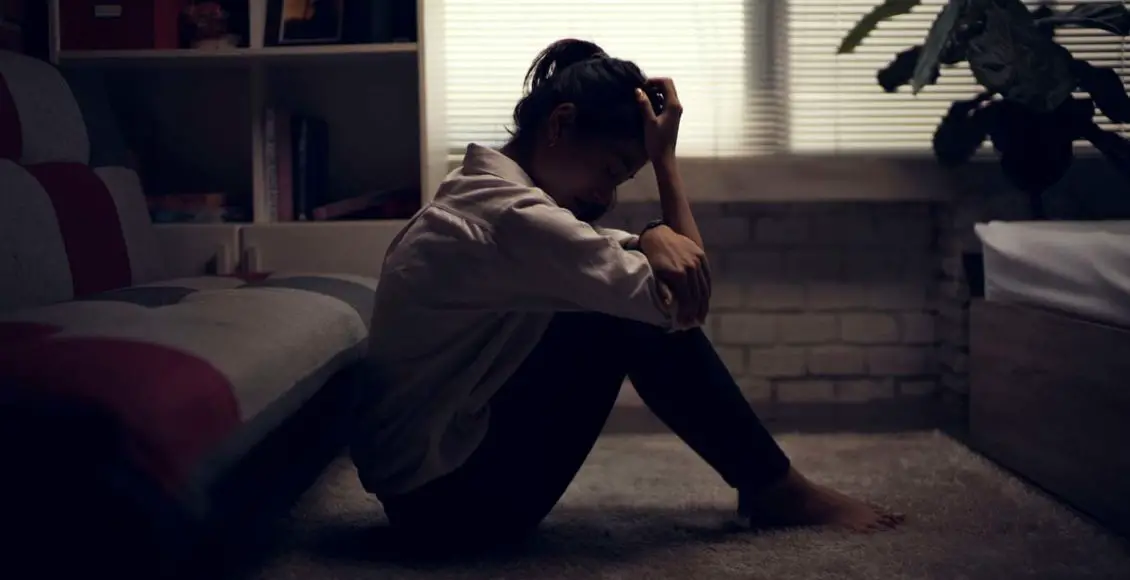Depression is one of the most common mental disorders in the world. According to the Substance Abuse and Mental Services Administration [SAMHSA], one in five Americans has a mental disorder, and 10-15% of the population is likely to experience clinical depression in their lifetime.
Even though the exact causes of depression are not yet known, many factors are often link to its development. Many different factors can cause depression ranging from genetics to environmental.
The following are some of the things that may increase your chance of getting depression:
1. Brain chemistry imbalances
An imbalance in the neurotransmitters can cause depression. Neurotransmitters are responsible for mood regulation. Neurotransmitters such as serotonin, dopamine, and noradrenaline can affect a person’s mood. Neurotransmitters are chemical substances that help the different parts of the brain to communicate with one another. When specific neurotransmitters are few, it may lead to symptoms of clinical depression. But this explanation is still under further review as experts believe that it doesn’t give a complete picture of the complex factors that cause depression. When a person is depressed, the neurotransmitters that regulate mood seem to function abnormally. The signal may be disrupted or depleted.
Depression treatment medications tend to focus on altering the levels of specific chemicals in the brain. The treatments include serotonin-norepinephrine reuptake inhibitors [SNRIs], selective serotonin reuptake inhibitors [SSRIs], tricyclic antidepressants [TCAs], and monoamine oxidase inhibitor [MAOIs]. Some people don’t find relief through these medications. Fortunately, there is an alternative depression treatment, such as Transcranial Magnetic Stimulation (TMS), which is safe and effective as well.
2. Genetics
Certain personality traits or experiences can cause depression. However, research shows that genetics can partly increase the chances of developing depression. A family history of depression may increase the chances of depression. Depression is a complex trait, this means that there are genes that generate small effects separately, rather than a single gene that contributes to depression risk.
It’s worth mentioning that having a parent, grand-parent, or a close relative with depression does not mean that you will also have the same experience. Personal factors and other life circumstances are still likely to have a critical impact. Identifying genes that influence a person to certain types of depression is still under research.
3. Personality
In life, people have different personalities. Some of these personalities can predispose you to higher risks of developing depression. Some of the personalities that have been linked to depression include:
- People who have low self-esteem
- People who worry a lot
- People who are sensitive to personal criticism
- People who are perfectionists
- People who are shy and avoid social situations due to fear of their limitations
- People who are easily rattled and with a low tolerance for frustration
You should not that having any of these personality styles doesn’t automatically mean that the person will develop depression. Personality style is just one of the contributing factors.
4. Serious illness
The stress and worry on how to cope with severe illness can make you develop depression, especially if you are dealing with a chronic disease. Chronic disease can make you stuck at home or in bed and not be able to do normal things and worry more about the condition. This can often lead to depression.
These are some of the medical conditions that can contribute to depression:
- Cardiovascular diseases
- Brain tumor
- Degenerative neurological disorders
- Epilepsy
- Cancer
- Endocrine disorders such as diabetes
5. Stress
Stress is part of human life. Almost everybody can be stressed or depressed by certain things in life. The majority of personal problems such as divorce, loss of a job, childbirth, death of a loved one, etc. can make one develop depression.
Scientists suspect high levels of the hormone cortisol, which is usually secreted during periods of stress, can affect the neurotransmitter serotonin and may lead to depression.
6. Grief and loss
Following the loss of a loved one, the grieving person may experience some symptoms of depression. Some of these symptoms may include insomnia, loss of appetite, loss of interest in activities, sudden weight loss, etc. If you handle the grief and loss correctly, these symptoms should diminish over time. But when they don’t reduce or get worse, they may lead to depression.
7. Substance use
Substances such as drugs or alcohol can contribute to depression. Some prescription drugs have also been linked to depression. Some of the drugs that have been linked with depression include stimulants, anticonvulsants, benzodiazepines, statins, and corticosteroids.



